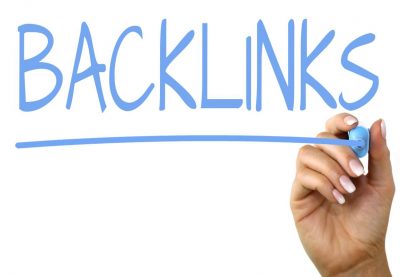
7 strategies to optimise your large ecommerce site for search
Large ecommerce sites face a number of issues when it comes to SEO optimisation. With hundreds – even thousands – of pages to keep on top of, it can be difficult to know where to start. Here are some key strategies you can employ to get your organic search traffic looking healthier.
Optimise for long tail terms
Long tail keywords are those that people use when they’re searching for something specific. They typically have a lower search volume, but aggregated, they make up a large proportion of traffic. Instead of trying to optimise for ‘cars’, for example, which it’s almost impossible to rank for, you could optimise for terms such as “used Ford Fiesta Titanium” or “used Ford hatchback in [location]”. With Google using voice search now too, optimising for the spoken word is beneficial. That could turn your keyword into “used Fiesta Titaniums near me” or “Where can I get a good quality used Ford car in [location]?”
Customise or redirect out of stock pages
Large ecommerce sites have products coming in and out of stock all the time. If a product is out of stock, simply stating this fact is of limited use to a consumer. Instead, customise the page to offer relevant alternatives that may interest them and share some of the same keywords.
Where a product is permanently out of stock, you’ll want to implement a 301 redirect, which sends the user to the next most relevant page, such as the listing page. This ensures the user gets a good experience, not a frustrating one.
Encourage user-generated content
A short product description for each of your products is necessary, but in order to boost rankings, it’s important to encourage user-generated content. Ask buyers to leave a review of a product, either by using a tool such as TrustPilot or sending an automated email a week or so after purchase to request a review. Not only will this generate new, unique content on your pages – thereby helping your ranking in the search results – it’ll also be beneficial to other potential buyers.
Ensure content is unique
When you have a site with hundreds of pages to optimise, it’s easy to start copy and pasting descriptions between similar products. While that’s a quick fix to get content onto the page in the first place, it won’t do anything for your SEO rankings. Create a plan to optimise your category and most important or high-performing product pages with unique copy, then work down to ensure each has an individual description.
On less important or low performing pages where you don’t wish to create unique content, you can avoid duplication by using a ‘noindex’ tag. Doing this helps you avoid penalisation from algorithms such as Panda.
For more information about SEO services for your large ecommerce site, contact Digital Carrera today. Our London SEO services cover a range of businesses in different sectors, and ensure you get the most from your spend.
 Pinterest
Pinterest Twitter
Twitter Facebook
Facebook

